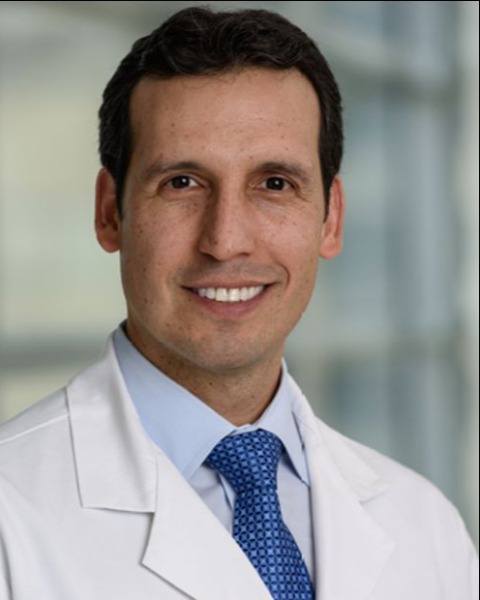Disparities in Surgical Oncologic Care
E140: Evaluating Access to Surgical Care for Cancer after Medicaid Expansion: A Study of the Texas and California Cancer Registries
.jpg)
Muhammad Sohaib Khan, MD (he/him/his)
Clinical Research Fellow
Department of Surgery, UT Southwestern Medical Center, Texas, United States.jpg)
Muhammad Sohaib Khan, MD (he/him/his)
Clinical Research Fellow
Department of Surgery, UT Southwestern Medical Center, Texas, United States.jpg)
Muhammad Sohaib Khan, MD (he/him/his)
Clinical Research Fellow
Department of Surgery, UT Southwestern Medical Center, Texas, United States- MN
Mithin Nehrubabu, BSc
Research Assistant
UT Dallas, United States .jpg)
Jennie Meier, MD, MPH (she/her/hers)
Resident
Department of Surgery, UT Southwestern Medical Center, United States
Herbert J. Zeh, III, MD
Professor and Chair
Department of Surgery, University of Texas Southwestern Medical Center
Dallas, TX, United States
Patricio M. Polanco, MD
Associate Professor
Department of Surgery, University of Texas Southwestern Medical Center
Dallas, Texas, United States
ePoster Abstract Author(s)
Submitter(s)
Author(s)
The Affordable Care Act aimed to reduce rates of uninsurance in the United States, and one significant provision was expansion of Medicaid eligibility. This was implemented in California in 2014 but has not been implemented in Texas to date. Studies have shown improved access to surgical care for non-malignant surgical diseases. This study aimed to determine the association between Medicaid expansion and access to surgical care for 7 types of cancers.
Methods:
We used the Texas and California cancer registries to identify patients diagnosed with lung, breast, pancreatic, liver, colon, rectal and ovarian cancers from 2008 to 2019. We included adult patients aged between 19 and 64 years, uninsured or on Medicaid and, diagnosed with either localized cancer or cancer that had extended to lymph nodes based on SEER summary staging. A multivariable difference-in-differences regression analysis with Texas (TX) as control, and California (pre-CA=2008-2013, post-CA=2014-2019) as intervention group was used was used to determine the association of Medicaid expansion with access to surgery for each individual cancer type. Access to surgery was based on whether the patient underwent surgery as part of the treatment plan. Since Medicaid expansion was implemented in California in January 2014, the period from 2014 to 2019 was identified as post intervention for California.
Results:
We included 60,508 patients and of these, 37,855 patients were from California (pre-CA 18,015; post-CA 19,840) and 22,653 patients were from Texas. Compared with TX and pre-CA, an increased proportion of post-CA patients underwent surgery for rectal (TX 69.3%, pre-CA 77.4%, post-CA 81%), liver (TX 24%, pre-CA 22.2%, post-CA 28.3%), lungs (TX 33%, pre-CA 45.4%, post-CA 49.7%) and ovarian (TX 94.6 %, pre-CA 96.5 %, post-CA 97.4%) cancers. On multivariate difference-in-differences regression analysis, after Medicaid expansion, surgical resection increased by 3.8 % for breast (OR 1.03 95% CI 1.02 – 1.05 p-value < 0.001), 3 % for colon (OR 1.03 95% CI 1.01 – 1.05 p-value 0.002), and 6.5 % for rectal (OR 1.06 95% CI 1.001 – 1.13 p-value 0.045) cancers.
Conclusions:
After Medicaid expansion, there was a modest increase in surgical resection of localized cancer for three out of the seven cancers studied. This suggests that there are other factors that limit access to surgery for cancer. Identification of these factors will allow the opportunity to improve access to surgical care and survival for cancer.
Learning Objectives:
- infer impact of Medicaid expansion on access to surgical care for cancer.
- question additional factors that limit access to surgical care.
- compare access to surgical care for cancer in Texas and California
